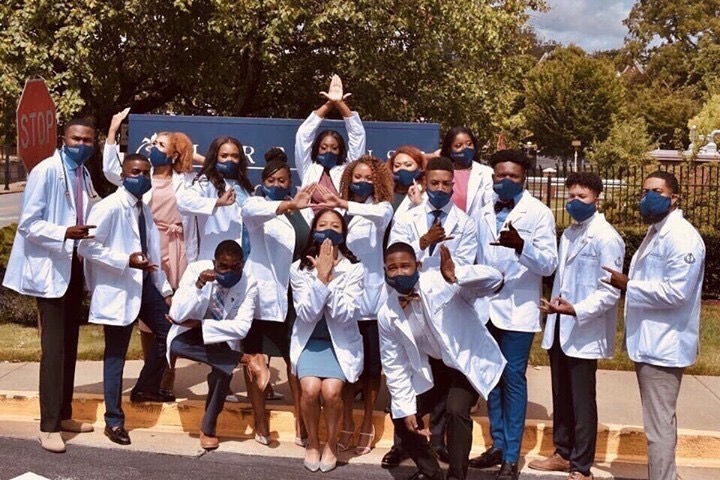
A bipartisan group of Democratic and Republican legislators recently introduced a bill to provide funding for the long-term improvement of HBCUs. The Institutional Grants for New Infrastructure, Technology, and Education (IGNITE) for HBCU Excellence Act grew out of a June 2018 Government Accountability Office (GAO) that identified “extensive and diverse” capital project needs at various HBCU campuses. As stated in the GAO report, “HBCUs continue to face challenges in securing financing to undertake needed capital projects” and “these colleges may be unable to make the campus improvements necessary to attract and retain students, potentially jeopardizing their long-term sustainability.”
“For over 150 years, HBCUs have been agents of equity, access and excellence in education, despite being ignored and marginalized by federal and state governments,’ said Democratic North Carolina Rep. Alma Adams, one of the lead sponsors of the bill. “This historic bipartisan bill changes that.”
Improvements targeted under the bill include facility renovations, repair and construction, aalong with the purchase of needed equipment. Preservation of historic buildings is also included as a priority under the bill. According to the U.S. Department of the Interior, a number of HBCUs lack the adequate resources needed to complete necessary maintenance on these historically significant structures.
Alma, who founded the HBCU Congressional Conference, issued a joint statement with Republican South Carolina Sen. Tim Scott about the IGNITE bill. “We believe that our bill represents that kind of opportunity for both our Historically Black Colleges and Universities, and the American people. The IGNITE HBCU Excellence Act will be one of the most transformative pieces of legislation for Historically Black Colleges and Universities in history.”
When speaking about the bill, Adams recalled her four decades of instructing the women of Bennett College in Greensboro, N.C. She talked about the challenges of teaching in a building that did not have air conditioning. Alma explained that this is still the reality for too many teachers and students at HBCUs. “That’s not unique to any one of our institutions. It’s something that we see on many of the campuses… We need to get that investment in there to make sure that we can continue to produce our nation’s leaders.”
HBCUs are essential to the advancement of our people, and we are excited to follow along the progression of this bill.


